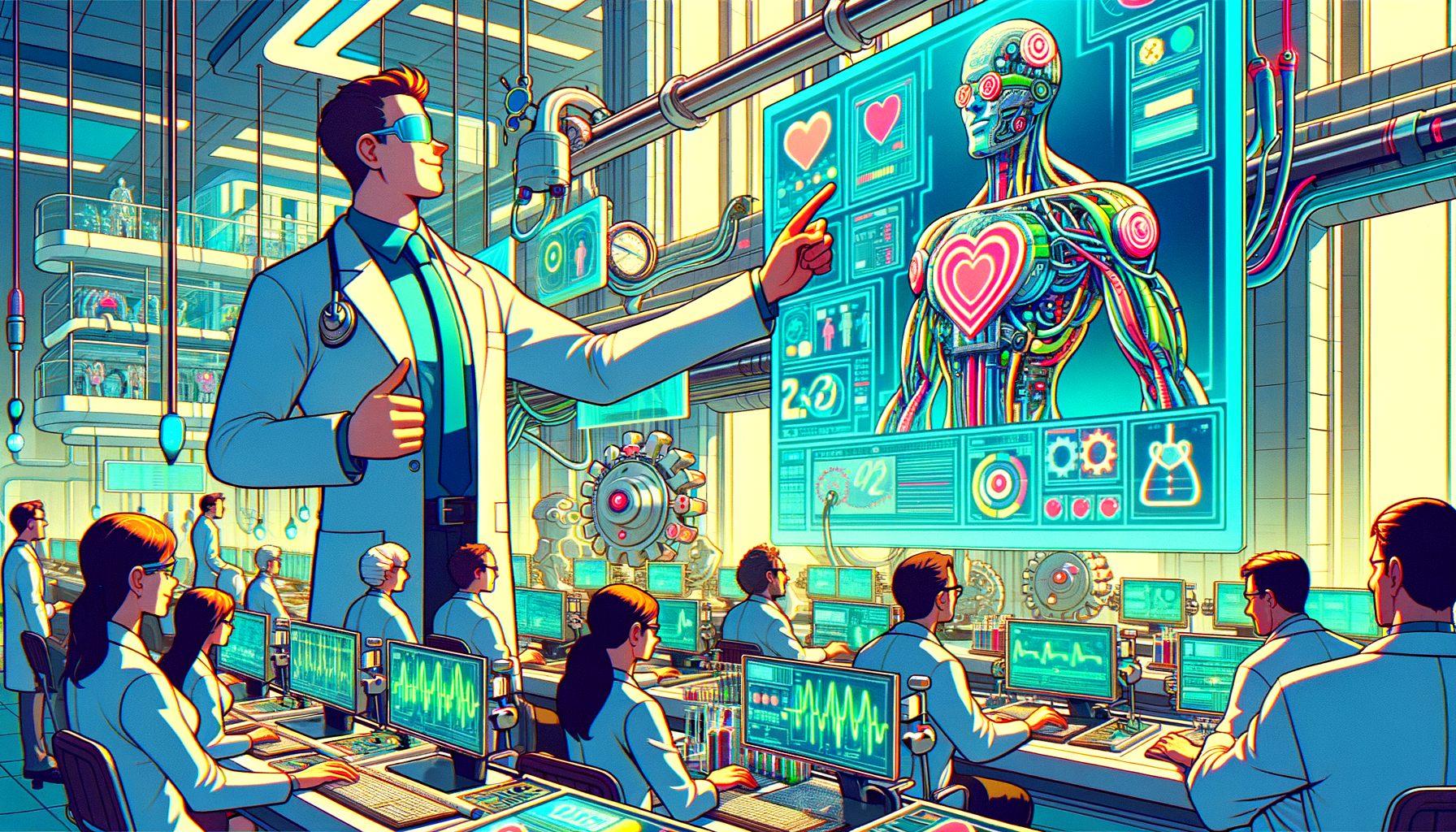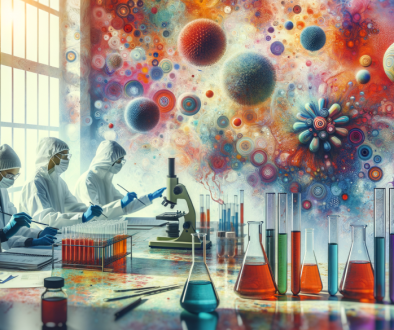Harnessing Technology for Longevity and Well-Being
In an era where technological advancements are reshaping the world, their impact on our health and longevity has become increasingly evident. From cutting-edge medical innovations to lifestyle enhancements, technology is playing a pivotal role in empowering individuals to live longer, healthier lives. This article delves into the fascinating realm of how technology is transforming the landscape of human well-being.
The Globalization of Knowledge and Innovation
Globalization has ushered in an unprecedented era of knowledge sharing and technological transfer across borders. This phenomenon has significantly intensified the spread of innovation and productivity, particularly in emerging markets. Countries like China and South Korea, once considered mere recipients of technology, have now emerged as significant contributors to the global stock of knowledge.
For example, South Korea’s advancements in telecommunications have not only revolutionized its own economy but have also set a benchmark for global technology standards. Similarly, China’s rapid development in e-commerce and digital payment systems, such as Alipay and WeChat Pay, has transformed the way people conduct transactions and manage finances.
This cross-pollination of ideas and technologies has led to a surge in groundbreaking advancements that transcend geographical boundaries. A medical breakthrough in one nation, such as the development of mRNA vaccine technology during the COVID-19 pandemic, can swiftly be adapted and implemented in another, potentially saving countless lives. The free flow of information and collaboration among researchers and scientists worldwide has accelerated the pace of discovery and innovation, ultimately benefiting humanity as a whole.
Moreover, international conferences and collaborative research initiatives have become platforms for sharing knowledge and fostering innovation. These gatherings allow experts from diverse fields to exchange ideas, leading to synergistic advancements that might not have been possible in isolation. As a result, the globalization of knowledge continues to be a driving force behind significant technological progress.
Health Information Technology: Enhancing Patient Safety
In the realm of healthcare, Health Information Technology (HIT) has proven to be a game-changer in improving patient safety outcomes. By leveraging advanced digital systems, HIT has significantly reduced medication errors, adverse drug reactions, and improved compliance with best practice guidelines.
One of the key advantages of HIT is its ability to facilitate seamless care coordination among healthcare providers. By enabling real-time access to patient records and treatment histories, HIT ensures that crucial information is readily available, minimizing the risk of errors and enhancing the overall quality of care. For instance, electronic health records (EHRs) allow multiple healthcare professionals to access a patient’s medical history, reducing the chances of miscommunication and ensuring that everyone involved in a patient’s care is on the same page.
Moreover, HIT has streamlined practice efficiencies, allowing healthcare professionals to dedicate more time and attention to their patients. The automation of routine tasks, such as scheduling appointments and processing insurance claims, frees up valuable time for healthcare providers to focus on delivering high-quality care. Additionally, the ability to track data over time has empowered healthcare organizations to identify areas for improvement and implement targeted interventions, leading to better patient outcomes.
While the implementation of HIT requires careful planning, stakeholder involvement, and continuous monitoring, its potential to enhance patient safety and improve healthcare outcomes cannot be overstated. As the healthcare landscape continues to evolve, the integration of innovative technologies will play a crucial role in shaping the future of patient care.
Technology’s Impact on Daily Life
Technology has permeated virtually every aspect of our daily lives, from transportation efficiency and safety to access to food and healthcare. It has revolutionized the way we learn, making education more accessible and convenient than ever before. The vast expanse of information at our fingertips has opened up new avenues for personal growth and intellectual exploration. For example, online learning platforms like Coursera and Khan Academy provide learners with access to high-quality educational resources from top universities and institutions worldwide.
Furthermore, technology has facilitated the formation of global communities, enabling individuals from diverse backgrounds to connect, collaborate, and share their experiences. Social media platforms, such as Facebook and Twitter, have transformed how we communicate, allowing us to maintain relationships and engage in discussions regardless of geographical barriers. This interconnectedness has fostered a deeper understanding and appreciation of different cultures, promoting inclusivity and tolerance.
However, it is essential to acknowledge the potential downsides of technology’s pervasive presence. Excessive reliance on digital devices and social media platforms has been linked to a decline in mental health, increased social isolation, and privacy concerns. Studies have shown that individuals who spend significant time on social media may experience feelings of inadequacy, anxiety, and depression. The rapid rise of advanced AI tools like ChatGPT has also raised questions about the role technology should play in our lives and the potential implications for various industries. As AI becomes more integrated into our daily routines, it is crucial to consider its impact on employment, privacy, and ethical standards.
Unlocking the Potential of Artificial Intelligence
Artificial Intelligence (AI) has emerged as a transformative force, with the potential to revolutionize numerous industries and aspects of our lives. From healthcare to finance and transportation, AI applications are reshaping how we operate and engage with the world. However, for AI to truly thrive, it requires access to vast amounts of structured and unstructured data sets. These data sets are essential for training AI systems, enabling them to learn, adapt, and improve their performance over time.
To harness the full potential of AI, it is crucial for nations to develop comprehensive data strategies that strike a balance between promoting innovation and ensuring consumer protection. One promising approach is the establishment of public-private data partnerships, where government and business data sets are combined to enhance system performance. For instance, integrating ride-sharing services with city data on social service locations and mass transit could significantly improve transportation planning and accessibility. This collaborative approach not only fosters innovation but also addresses societal challenges, ultimately contributing to the well-being of communities.
Furthermore, AI has the potential to enhance healthcare outcomes through predictive analytics and personalized medicine. By analyzing vast amounts of patient data, AI algorithms can identify patterns and predict health risks, allowing healthcare providers to intervene early and tailor treatment plans to individual needs. This shift towards personalized healthcare not only improves patient outcomes but also optimizes resource allocation within healthcare systems.
Despite the immense potential of AI, it is essential to address ethical considerations surrounding data privacy, algorithmic bias, and accountability. As AI systems become more integrated into decision-making processes, ensuring transparency and fairness in their operations will be paramount. By fostering an ethical approach to AI development, we can maximize its benefits while minimizing potential risks.
Advancing Health Research and Data Sharing
Health research plays a pivotal role in uncovering insights into disease trends, risk factors, and potential treatments. By leveraging biological samples and patient records, researchers can gain invaluable insights that can shape the future of healthcare. The development of Herceptin, a groundbreaking treatment for breast cancer, serves as a powerful example of the benefits of health research. This life-saving medication was developed through extensive research involving biological samples and patient data, ultimately improving the prognosis and quality of life for countless individuals affected by this devastating disease.
However, conducting health research and providing meaningful feedback to participants presents unique challenges. Researchers must navigate complex ethical considerations, privacy concerns, and the task of effectively communicating research findings, including those with uninformative outcomes. For instance, participants in clinical trials deserve transparent communication regarding the results of the studies they contribute to, even if those results do not yield the expected breakthroughs.
Overcoming these obstacles requires a collaborative effort among researchers, healthcare professionals, and policymakers. By fostering an environment that promotes data sharing, ethical practices, and clear communication, we can unlock the full potential of health research and pave the way for groundbreaking discoveries that improve human well-being. Initiatives such as open-access journals and collaborative research networks can facilitate the sharing of knowledge and resources, ultimately enhancing the impact of health research.
Conclusion
As we embark on a journey towards a future where technology and human well-being are inextricably intertwined, it is essential to approach this symbiotic relationship with wisdom and foresight. While the advancements in fields such as globalization, health information technology, artificial intelligence, and health research hold immense promise, we must remain vigilant in addressing the potential challenges and ethical considerations that arise.
By striking a delicate balance between innovation and responsible governance, we can harness the transformative power of technology to enhance our longevity, improve our quality of life, and ultimately create a world where good health and well-being are within reach for all. The ongoing collaboration between technology developers, healthcare professionals, and policymakers will be crucial in shaping a future that prioritizes human health and well-being in the face of rapid technological change.
Sources:
- https://www.imf.org/en/Blogs/Articles/2018/04/09/globalization-helps-spread-knowledge-and-technology-across-borders
- https://www.ncbi.nlm.nih.gov/pmc/articles/PMC5787626/
- https://tech.co/vpn/main-ways-technology-impacts-daily-life
- https://www.brookings.edu/articles/how-artificial-intelligence-is-transforming-the-world/
- https://www.ncbi.nlm.nih.gov/books/NBK9571/
.
This article is generated help of SafeComs AI, Automation Bot.




